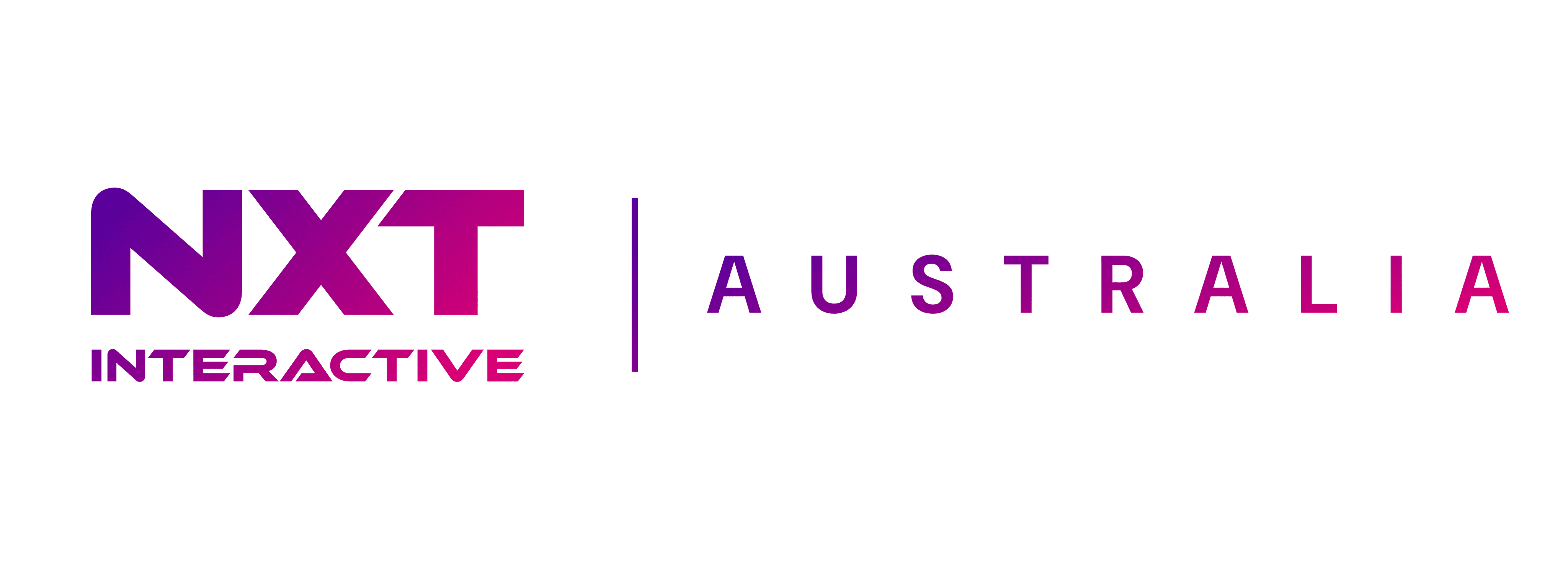Generative AI in Healthcare
May 20, 2024
Introduction:
The trend of patients relying on informal sources, especially the internet, for health information has been long standing. With the advent of generative artificial intelligence (AI), this reliance has not only intensified but has also extended to healthcare professionals. Unlike earlier AI models limited to data analysis, generative AI can create new content, leading to its rapid adoption among healthcare providers. However, its application requires careful consideration to avoid unintended consequences.
Benefits and Limitations of Generative AI in Healthcare:
Routine Information Gathering:
Generative AI can streamline information collection by interacting with patients in plain language and summarizing data for healthcare providers. This aids in assembling comprehensive medical histories and improving patient care.
Diagnosis:
While AI shows promise in enhancing diagnostic processes, challenges like data availability and bias mitigation persist. Its effectiveness varies for rare diseases due to limited data, necessitating caution before widespread adoption.
Treatment:
Accountability, trust, and technological limitations pose significant challenges to AI's integration into treatment processes. Personalized treatments and legal responsibility remain areas of concern, limiting its application.
Post-Treatment Monitoring and Follow-Up:
AI can leverage wearable technology and smart devices for real-time monitoring and personalized interventions, addressing patient non-adherence and health deterioration effectively.
Population Health Management:
Utilizing extensive datasets, AI can predict health outcomes and identify at-risk patients for timely interventions. However, the effectiveness of predictive models relies heavily on diverse data sources, including social determinants and lifestyle factors.
Conclusion:
While generative AI presents numerous opportunities to revolutionize healthcare, its implementation requires careful consideration of its limitations and potential risks. By leveraging its capabilities responsibly and integrating diverse datasets, healthcare providers can harness its benefits effectively while ensuring patient safety and trust.







